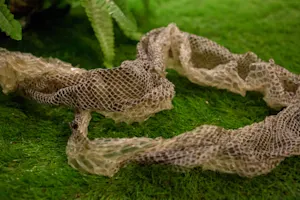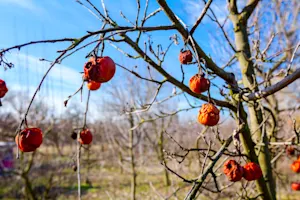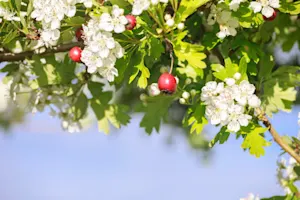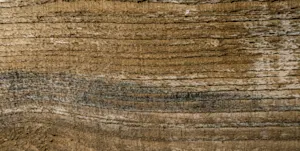What Makes This Word Tick
"Stridulate" is quite the vibrant word, isn't it? It's all about sound—specifically the noise some insects make as they rub certain body parts together. This chirping or buzzing can be a delightful summer soundtrack or an irritating disruption, depending on your perspective. The word itself almost sounds like what it describes, giving it a playful yet slightly scientific vibe.
If Stridulate Were a Person…
Imagine Stridulate as a spirited, somewhat quirky individual who just can't stop talking. They love to hum tunes while walking down the street and might tap out rhythms on every available surface. Social at heart, they'd be the life of any garden party, chirping away and keeping conversations lively.
How This Word Has Changed Over Time
"Stridulate" has stayed fairly true to its roots over the years. Originating in the realm of entomology, it continues to be primarily used in describing the sounds of insects like crickets and grasshoppers. Unlike some words that drift into metaphorical meanings, "stridulate" has kept its feet firmly planted in its etymological soil.
Old Sayings and Proverbs That Use Stridulate
There aren't many age-old sayings starring "stridulate," but imagine if there were! Perhaps something like, "It’s not the loudest who stridulate, but the most persistent." A gentle reminder, perhaps, that consistent efforts often outweigh loud bragging.
Surprising Facts About Stridulate
Did you know that stridulation is often a mating call? In the world of insects, a well-stridulated tune can attract the perfect match. Also, different species have their own distinctive calls, as unique as fingerprints! Next time you hear the familiar cricket chorus, consider it nature's symphony.
Out and About With This Word
"Stridulate" might not pop up in everyday chatter, but if you find yourself chatting with a biologist or nature enthusiast, dropping this term could definitely earn you some points. And it's a great word to sprinkle into a conversation about a noisy summer night or a nature documentary.
Pop Culture Moments Where Stridulate Was Used
Though "stridulate" doesn't headline in any blockbuster movies or top-charting songs, you might hear its effects in sound design. Nature films and background scores often rely on insect sounds—including stridulation—to set scenes of idyllic landscapes or eerie forests.
The Word in Literature
"Stridulate" might find its home in nature writing or scientific literature. Authors like Rachel Carson, with her deep appreciation for natural symphonies, would likely appreciate its specific charm. While it might not leap off mainstream novels, it paints vivid scenes in more descriptive prose.
Moments in History with Stridulate
While "stridulate" hasn't been shouted from history’s rooftops, it encapsulates the essence of countless summer nights and natural settings throughout human history. Think of ancient poets inspired by the rhythmic chirp of insects while penning their verses under starlit skies.
This Word Around the World
In some cultures, listening to insects stridulate is akin to listening to a natural orchestra. In Japan, for instance, different insect sounds, including those made by stridulating, are cherished as a part of the changing seasons, celebrated in both poetry and folk songs.
Where Does It Come From?
"Stridulate" hails from the Latin "stridulus," meaning "shrill." It's fitting, given that the sounds it describes are both piercing and melodic in their own charming way. The word itself strikes a balance between scientific accuracy and playful imitation.
How People Misuse This Word
Since "stridulate" is a bit off the beaten path, it isn't often misused in everyday conversation. However, folks might confuse it with other terms for sound-making, like "chirp" or "buzz," which have broader usage.
Words It’s Often Confused With
Chirp: A more general term for high-pitched sound, not limited to insects.
Buzz: Usually associated with continuous noise, common in discussions about bees or electronics.
Creak: Reflects a harsh, grating noise, like an old door or floorboard.
Additional Synonyms and Antonyms
While there aren't many direct synonyms for "stridulate," broader terms in the same family include "chirp," "buzz," and "trill." Antonyms aren't applicable as easily, given its specific nature, but "silence" is a fitting opposite in the case of sound.
Want to Try It Out in a Sentence?
As dusk settled over the garden, the crickets began to stridulate, creating a chorus that promised a warm, tranquil night.
















